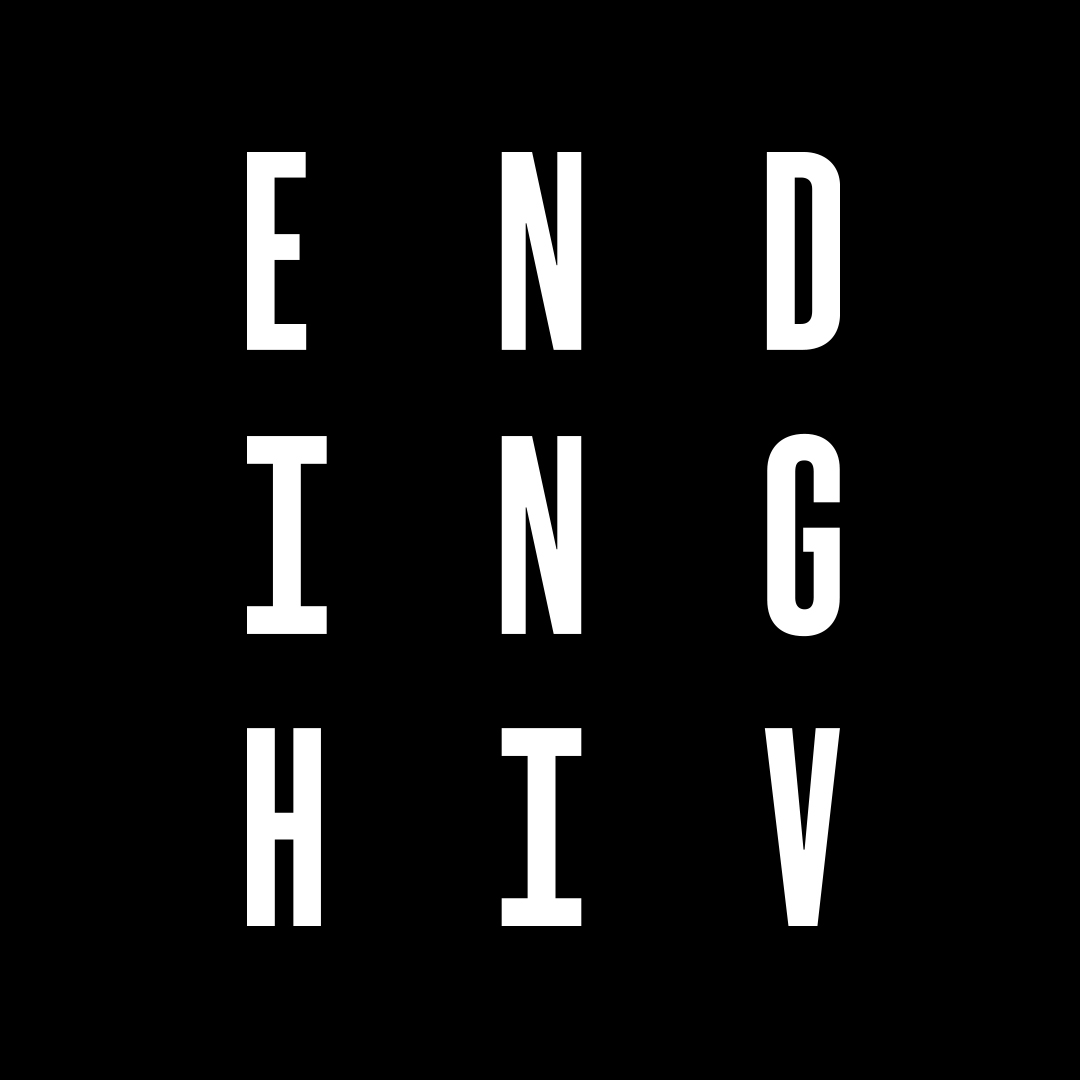PrEP In The Wild
The past several years has seen pre-exposure prophylaxis (PrEP) treatments becoming a highly effective method of HIV prevention. However, some external factors like bureaucracy and limited access may be undermining its safety and effectiveness, as suggested by Jerome Galea at the HIVR4P 2016 Conference recently.
PrEP’s capacity to prevent HIV transmission is being met with global optimism. Several countries including Australia have implemented studies or government-subsidised supply programs to gauge its effectiveness, and recorded reductions of new HIV cases show great promise in the ongoing battle to eliminate HIV transmissions once and for all. Outside of these studies, people wishing to access PrEP may do so through alternative methods, such as having it prescribed by their doctor or ordering it online from overseas.
However, according to data presented at the conference from the PrEP in the Wild online study and the PrEP Access in Europe report — both of which analyse current PrEP usage and PrEP-related practice — such methods present various obstacles. Non-subsidised PrEP drugs tend to be prohibitively expensive, while some countries restrict or ban importation of medicines.
This lack of access, coupled with an inability or unwillingness by some doctors to prescribe PrEP, and slow progress on approval by some regulators, could lead some to acquire supplies without proper medical supervision.
Without this supervision, PrEP’s medicinal value can be compromised. For prevention to be effective, regular clinical supervision is required. A person taking PrEP pills without knowing their overall health, STI or HIV status presents numerous risks to their wellbeing. Others may take their PrEP on a non-daily basis owing to expense or lack of supply, reducing the medication’s effectiveness in preventing HIV transmission.
The obstacles to availability of PrEP could also lead to some ethically unsound methods of securing supply. Some may resort to smuggling it into restricted countries, while others may take advantage of demand to sell inferior, counterfeit or even dangerous medications to the unsuspecting.
Drawing upon the preliminary findings of the PrEP in the Wild study, Galea stated how a lack of regulatory approval and provision is leading PrEP to be used in such an unsupervised and ‘ad-hoc’ capacity, which could be problematic for those wishing to maintain their sexual health.
“PrEP is not a DIY intervention,” he said.
ACON strongly recommends that any pre-exposure prophylaxis regimen be undertaken in close consultation with a medical practitioner. Speak to your doctor for more information, or click here to find out more about PrEP.
Have you completed the ‘PrEP in the Wild’ survey? If you’re currently importing PrEP from another country or taking PrEP outside of traditional supervision of a doctor, it’s not too late to take part.
